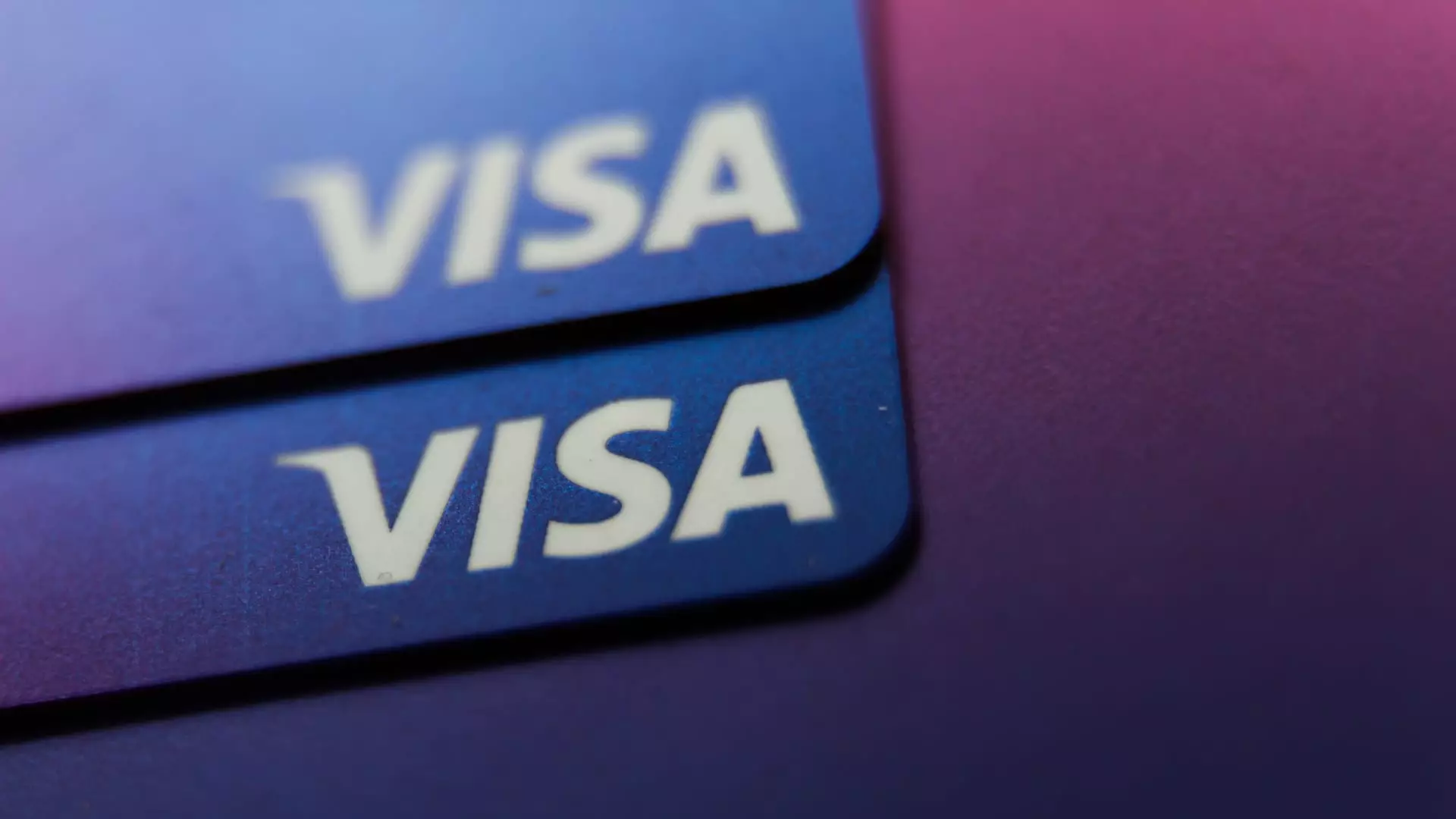Visa recently announced its plans to introduce a dedicated service for bank transfers in Europe, bypassing the traditional credit card and direct debit process. This new service, known as account-to-account (A2A) payments, is set to revolutionize the way consumers make and manage payments online.
The Problem with Direct Debits
Currently, when consumers set up payments for utilities or subscriptions, they are required to fill out a direct debit form. This process raises concerns about security and limited control over payment amounts. Static direct debits, for example, require advance notice for any changes, making it cumbersome for users to manage recurring payments effectively.
With the introduction of Visa’s A2A service, consumers will have the ability to set up variable recurring payments (VRP). This innovative payment method allows users to make and manage recurring payments of varying amounts without the need for constant changes or cancellations. The goal is to provide consumers with more control, security, and flexibility in managing their finances.
Visa’s A2A product relies on open banking technology, which grants third-party fintechs access to consumer banking data. By collaborating with UK banks and open banking players, Visa aims to create an open system that promotes the growth of A2A payments. This technology has gained popularity in Europe, offering new payment services that can link directly to consumers’ bank accounts and facilitate secure and authorized transactions.
Acquisition of Tink
In 2021, Visa acquired Tink, an open banking service, for 1.8 billion euros ($2 billion). This strategic move was seen as a preemptive measure to counter the threat posed by emerging fintech companies that aim to reduce card transaction fees for consumers and merchants. By leveraging Tink’s expertise in open banking, Visa aims to strengthen its position in the evolving payment landscape.
Visa’s shift towards A2A payments has the potential to disrupt its own card business model. By offering merchants the option to bypass traditional cards for payments, Visa risks cannibalizing its existing revenue streams. However, the company remains committed to providing consumers with the best payment options, whether through cards or non-card transactions.
Visa’s decision to launch a dedicated service for bank transfers signifies a significant step towards modernizing the payment ecosystem in Europe. By introducing A2A payments and leveraging open banking technology, Visa aims to empower consumers with enhanced control, security, and flexibility in managing their financial transactions. As the digital payment landscape continues to evolve, Visa’s innovative approach sets the stage for a more seamless and efficient payment experience for users across the region.

